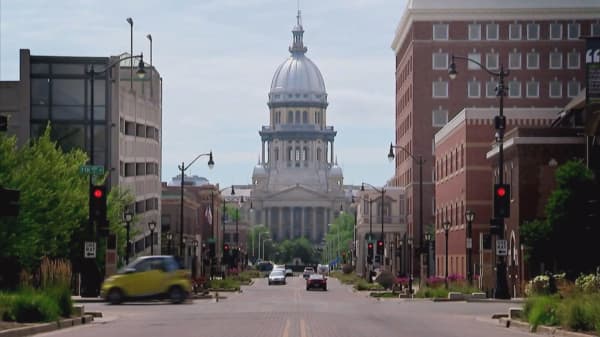Faced with tight revenues, tax-weary voters and uncertainty about the impact of federal tax and budget policies, lawmakers and governors are wrestling over what has become one of the toughest rounds of annual state budget battles since the Great Recession.
More than a week after the start of the traditional July 1 fiscal year, seven states are still operating without an approved budget.
In Connecticut, Rhode Island and Wisconsin, lawmakers have yet to resolve disagreements about how to close ongoing budget gaps in their states or fund new budget initiatives.
Legislatures in Massachusetts, Pennsylvania, Oregon and Michigan have approved their tax and spending plans, which are waiting for signature or veto in those states.
Lawmakers in a dozen states have called special sessions to resolve outstanding differences over the latest tax and spending plans.












